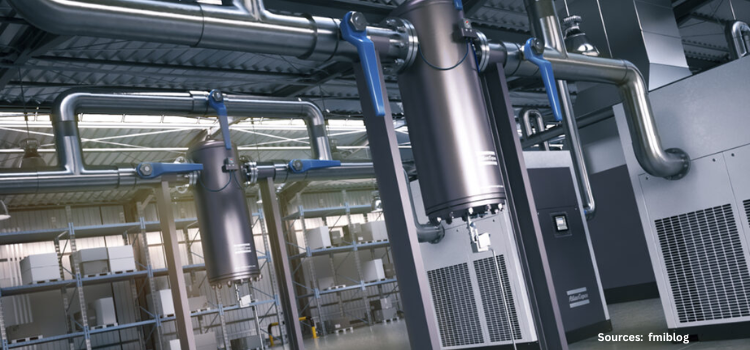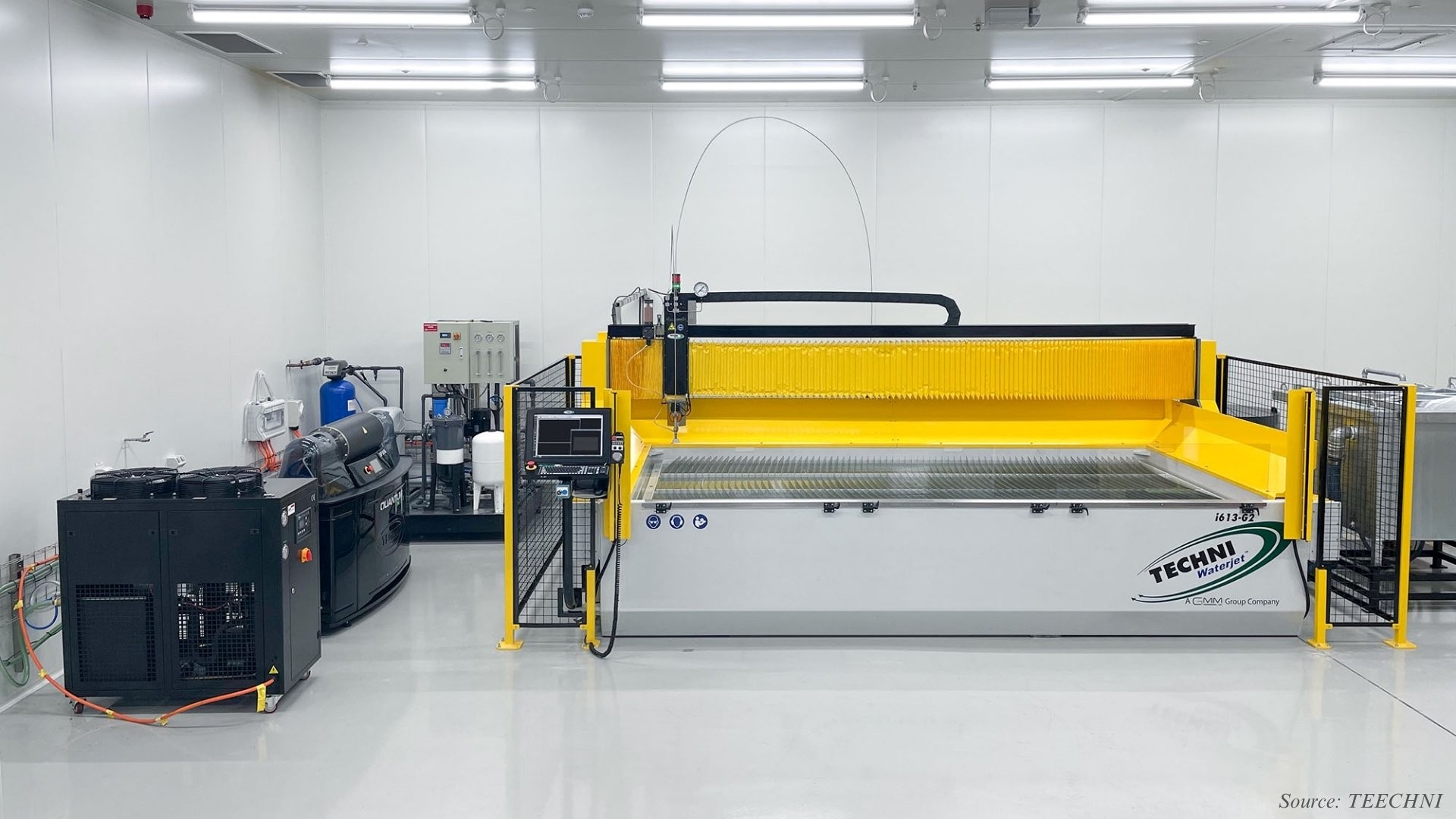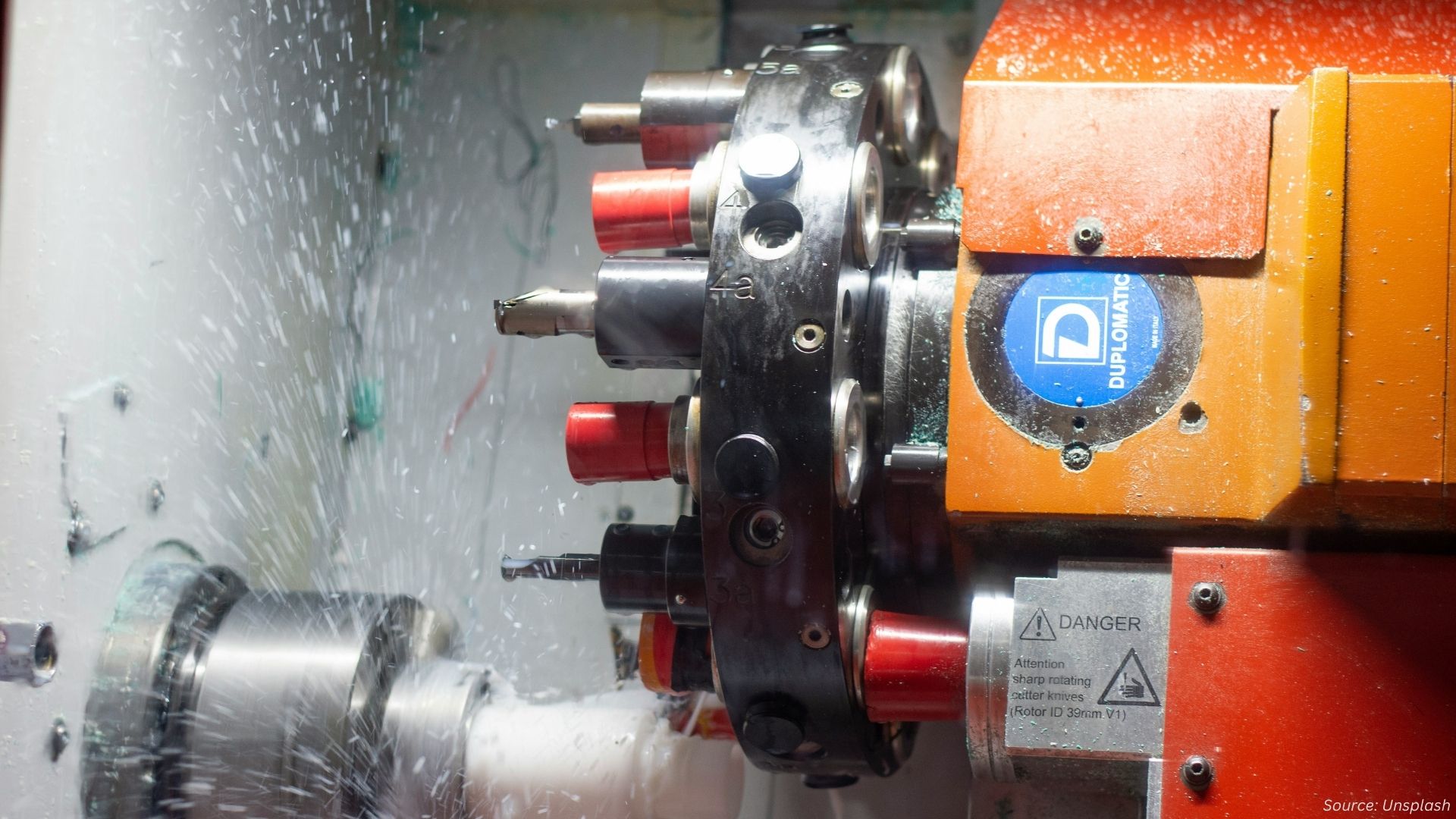How Air Compressors Are Evolving for a Greener Future
Published: 2025-08-14

Introduction
Air compressors have been essential in a wide range of industries and applications for quite some time. They serve as versatile devices that supply compressed air to drive pneumatic tools, support manufacturing processes, and fulfill various other functions. In this article, we will explore the upcoming trends in air compressors and how they are poised to bring about significant changes in how industries function.
Internet of Things (IoT) Integration
The integration of Internet of Things (IoT) technology into air compressors represents a pivotal transformation in the way industries utilize and maintain these essential devices. These intelligent compressors continually monitor their performance in real time, offering a proactive approach to maintenance by identifying issues and predicting maintenance needs before they become critical. This predictive capability is a game-changer for industries, shifting maintenance from a reactive to a proactive approach. Instead of waiting for equipment to break down, IoT-enabled compressors enable businesses to schedule maintenance optimally, minimizing costly downtime.
Additionally, these smart compressors can optimize their operation for peak efficiency, adjusting factors such as air pressure and flow rate in response to real-time demand. This not only conserves energy but also extends equipment lifespan, contributing to both cost savings and sustainability objectives. Beyond financial benefits, the integration of IoT technology enhances safety by identifying potential issues early.
This, in turn, reduces the risk of accidents or major equipment failures. The adoption of intelligent air compressors emerges as a strategic move that enhances both the economic and safety dimensions of industrial operations, underscoring the transformative impact of IoT technology.
Multiple companies are actively involved in the development of advanced IoT-based air compressors, and one of the notable examples is Elgi Equipments. The company recently introduced its latest product, the GP35FP IoT-based portable air compressor, designed specifically for the fiber optic cable-blowing industry. With IoT integration, the air compressors can actively monitor their performance and conditions in real time. This enables them to identify issues early, predict maintenance needs, and optimize their operations efficiently.
Portable Air Compressors
Advancements in technology have led to a significant transformation in the world of air compressors. These devices are now becoming smaller and more portable, making them incredibly adaptable for various uses. The portability of these compact units allows them to be easily transported and put to work on the go. Whether construction sites, workshops, remote locations, or emergencies, portable air compressors offer a practical solution. This newfound convenience opens the door to numerous applications.
Moreover, in industries that rely on pneumatic tools, these portable compressors provide a convenient power source, offering the flexibility to work in various locations. In a world where mobility and flexibility are highly valued, the convenience and versatility of these portable air compressors play an integral role in enhancing productivity and meeting diverse needs.
Several companies, including Elgi, Xiaomi, and Atlas Copco, are actively engaged in the development of portable and highly efficient air compressors. For instance, Atlas Copco launched its latest innovation, the X-AIR 850-290 mobile portable compressor, offering a game-changing solution for the construction industry. This portable compressor provides significant advantages, including enhanced mobility, increased efficiency, and reduced downtime for construction projects. With a robust design and powerful performance, the X-AIR 850-290 empowers construction teams with the flexibility to easily transport compressed air wherever it is needed, boosting productivity and operational convenience.
Eco-Friendly Air Compressors
In today's world, where environmental responsibility is gaining prominence, businesses are on the lookout for equipment that's both eco-friendly and quieter. Noise and air pollution-free air compressors are leading the way in addressing this need. They offer a dual benefit: reducing carbon emissions and minimizing noise levels, a win-win for industries.
These compressors are causing a positive shift across various sectors by adhering to green practices, creating safer and more comfortable work environments, and cutting operational costs through reduced energy consumption. Furthermore, they help boost employee productivity by reducing noise disturbances, and their innovative design often means a longer-lasting lifespan. This ultimately plays a vital role in promoting sustainability and operational efficiency for businesses.
Oil-Free Air Compressors
The future of industrial air compression is on the brink of a notable transformation, with a significant surge in the adoption of oil-free air compressors expected. Traditionally, the industry leaned on oil-lubricated compressors, but their maintenance complexities and susceptibility to potential contamination have triggered a revaluation of preferences. Oil-free compressors are now becoming the preferred choice for many industries as they offer cleaner and more reliable compressed air.
They are also better for the environment, especially in industries such as food and pharmaceuticals, in which maintaining purity is essential. By eliminating the need for oil and its associated disposal challenges, these compressors not only boost sustainability but also adhere to stringent quality and regulatory requirements.
Atlas Copco, a leading industrial equipment manufacturer, is set to introduce a range of oil-free compressors. These innovative compressors will provide a clean and eco-friendly solution for various industries, including manufacturing, healthcare, and food processing, addressing concerns about air pollution and carbon emissions. The launch aligns with the growing demand for sustainable industrial equipment, emphasizing the company's commitment to environmental responsibility and technological advancements.
These oil-free compressors are expected to have a significant impact on reducing emissions and promoting a greener and more sustainable approach to industrial operations, making them a welcome addition to the market.
Sustainable and Energy-Efficient Compressors
One of the most significant trends in air compressors is a strong focus on sustainability and energy efficiency. This shift directly responds to the growing global concerns surrounding environmental impact and energy conservation. These modern air compressors use advanced technologies to reduce energy consumption and minimize greenhouse gas emissions, making them a more environmentally-responsible choice. Moreover, this trend impacts a wide range of sectors, from manufacturing and healthcare to construction and beyond. It empowers businesses and individuals to make more environmentally-responsible choices, creating a more sustainable approach to their operations.
Numerous companies within the air compressor industry are making significant strides toward developing energy-efficient and environmentally-sustainable air compressors, with a primary goal of minimizing the carbon footprint and reducing greenhouse gas emissions. A notable example is Elgi Equipments. The company introduced two highly efficient portable air compressors, representing a significant step in pursuing energy-efficient industrial equipment.
This move toward launching these advanced compressors underscores the growing industry focus on sustainable and eco-friendly solutions, with the overarching aim of decreasing energy consumption and operational costs. As the global emphasis on sustainability continues to intensify, these companies are investing in cutting-edge technologies and innovative designs to create air compressors that enhance efficiency and provide environmentally-responsible choices, ultimately reducing the environmental impact of industrial processes.
Conclusion
In conclusion, the air compressor industry is undergoing significant transformation, driven by the need for efficiency, sustainability, and eco-friendliness. The integration of IoT technology into air compressors is revolutionizing maintenance and operational efficiency. Portable air compressors offer flexibility and convenience, catering to diverse applications and industries. The demand for eco-friendly air compressors is growing, with noise and air pollution-free variants leading the way in reducing emissions and enhancing workplace safety and productivity.
Oil-free compressors are emerging as the preferred choice, meeting stringent quality and regulatory requirements, particularly in sensitive sectors. Energy efficiency and sustainability are at the forefront of this evolution, with modern compressors reducing energy consumption and greenhouse gas emissions. This collective shift underscores the industry's commitment to reducing its carbon footprint and environmental impact, promising a future of cleaner, greener, and more efficient air compression technology.
About the Author
 Arjun Chetry is an accomplished researcher and writer with a rich history of more than three years in conducting thorough research. With a professional background as a market researcher, he has a keen eye for analyzing industry trends and understanding consumer behavior. His dedication to exploring diverse subjects and conducting in-depth analyses has equipped him with a deep understanding of research intricacies. He remains committed to staying up-to-date with the latest market trends and recognizing their impact on both business and society. His well-rounded interests and experiences contribute to his ability to offer insights and perspectives on a wide range of topics. The author can be reached at [email protected]
Arjun Chetry is an accomplished researcher and writer with a rich history of more than three years in conducting thorough research. With a professional background as a market researcher, he has a keen eye for analyzing industry trends and understanding consumer behavior. His dedication to exploring diverse subjects and conducting in-depth analyses has equipped him with a deep understanding of research intricacies. He remains committed to staying up-to-date with the latest market trends and recognizing their impact on both business and society. His well-rounded interests and experiences contribute to his ability to offer insights and perspectives on a wide range of topics. The author can be reached at [email protected]
















Add Comment